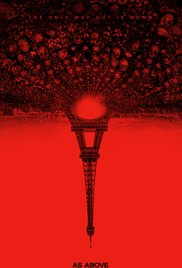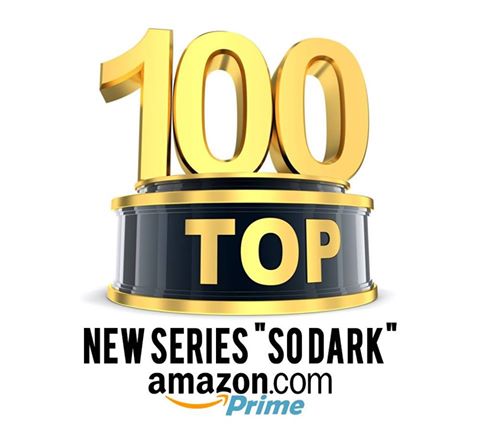Horrific Tales of my Childhood
 Genre: Horror (or any subgenere thereof)
Genre: Horror (or any subgenere thereof)
Rating: Children / Young Adult / Adult
Budget: Open
Retell your favorite Fairy* Tale as a horror story. Please include the source. Here is a list of fairy tales for inspiration.
*Can be children’s fable, myth, poem, or song.
The scripts are due on Friday, October 14th at 11:59PM EST and must be submitted to: SimplyScripts.com/owc.
Timeline:
October 7 at around 8 est – Theme and Genre announced.
October 14th at 11:59PM EST – Scripts are due to SimplyScripts.com/owc
October 16th – Scripts Posted
October 21st – Writer’s Choices submitted
October 30th – Names and writer’s choice revealed.
The Gist
6 – 10 pages, properly formatted & saved as a PDF file, Script submitted anonymously, Free to submit*, This isn’t a contest. There are no prizes. One entry per person.
*Free to submit. But, you are committing to reading and ranking five scripts randomly assigned to you.
You can revise your script as many times as you wish up until the deadline.
Participants are strongly encouraged to read and comment/review on the scripts submitted.
Do not put your real name on your script. However, please use your real name when submitting your script. (After the challenge closes you can either have your script removed or resubmit with your script with your name on it.
Please put © 2016 on the bottom left corner of your title page.
Best of luck and I hope you guys have a lot of fun with this contest.
There will be a Writer’s Choice wherein the participants (and only the participants) will be asked to select the three scripts he or she likes the best.

![]() As Above, So Below – February 13, 2013 draft spec script by John Erik Dowdle & Drew Dowdle – hosted by: Horror Lair – in pdf format
As Above, So Below – February 13, 2013 draft spec script by John Erik Dowdle & Drew Dowdle – hosted by: Horror Lair – in pdf format








